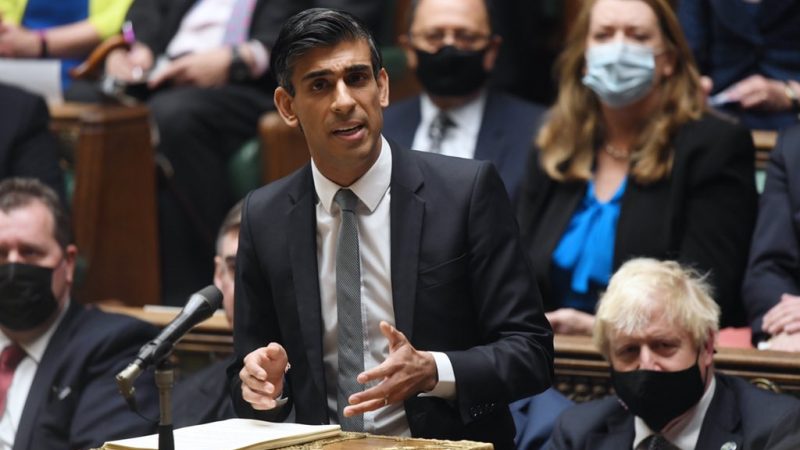
When Keir Starmer tested positive for Covid just minutes before Prime Minister’s Questions yesterday, Ed Miliband and Rachel Reeves saved the day. They stepped up to replace the Labour leader for an afternoon of crucial appearances at the despatch box: Miliband at PMQs, reassuring “both sides of the House” that this was for “one time only”; Reeves reacting on the spot to the Budget and spending review, which is usually the opposition leader’s tough gig. Fortunately, Miliband is an expert on COP26, which the leadership had already decided to go on at PMQs, while Reeves is of course the Shadow Chancellor and a former Bank of England economist who has been widely praised for her recent performances at conference and in parliament. Both frontbenchers were more than capable of their unexpected tasks, launching fiery attacks on the government with strength and clarity.
Labour had to respond to a bigger-than-expected Budget. The Tory benches were remarkably quiet as Rishi Sunak announced more spending than anticipated, including real-terms growth for almost every department. It has been described as the “Boris Budget”. The Prime Minister’s trademark boosterism was on display when Sunak kicked off by saying his Budget would facilitate “a new age of optimism”, but the Chancellor concluded with a message intended to comfort their free-marketeer backbenchers: “By the end of this parliament, I want taxes to be going down, not up.” The Resolution Foundation has found that by 2026-27 tax will have increased by £3,000 per household since Johnson became Prime Minister.
“The Chancellor has piled the biggest tax burden in peacetime on working people,” Reeves has emphasised, both in her post-Budget speech and exclusive piece for LabourList. This is not to say Labour would make tax choices that would delight those frustrated Tory MPs: Reeves has advocated a much-increased digital services tax, criticised how the stamp duty cut benefits second homeowners and landlords, and derided the new tax cut for banks (yes, Sunak really chose to cut the banking surcharge by £4bn over five years). It may have been a ‘Boris Budget’, but the Shadow Chancellor is keen to stress that this was not a Labour Budget: she says the opposition would have addressed the cost of living crisis, not placed the tax burden on those with modest incomes, and had a plan for growth.
As in his Tory conference speech, Sunak had little to say on the climate crisis, and what he did unveil was disastrous ahead of COP26: not only the continued fuel duty freeze (which Labour backs) but also a new lower rate of air passenger duty for domestic flights (which Labour opposes). How can the UK provide leadership at the climate summit after that move? It looks like the government has given up on its aim to “keep 1.5 alive”.
The concerns of Conservative backbenchers might, in turn, worry Labour supporters. You may be wondering: are the Tories at the top of government stealing Labour’s clothes? The facts are that the Universal Credit taper rate change does not make up for the £20-a-week cut, the budget increases for departments do not make up for the last decade of austerity, and there is a hidden £6.9bn council tax bombshell in the Budget.
“High inflation, rising taxes, poor growth keeping living standards virtually stagnant for another half a decade,” says the IFS. If Tory action continues not to match up to their cheerful rhetoric, but that talk helps to shift the focus of our political debate towards the state of public services, while disposable household income barely grows, Labour may be better-positioned to make its case on the economy by the time of the next election after all.
Sign up to LabourList’s morning email for everything Labour, every weekday morning.



More from LabourList
‘Labour promised to make work pay. Now it must deliver for young people’
‘Council Tax shouldn’t punish those who have the least or those we owe the most’
Two-thirds of Labour members say government has made too many policy U-turns, poll reveals